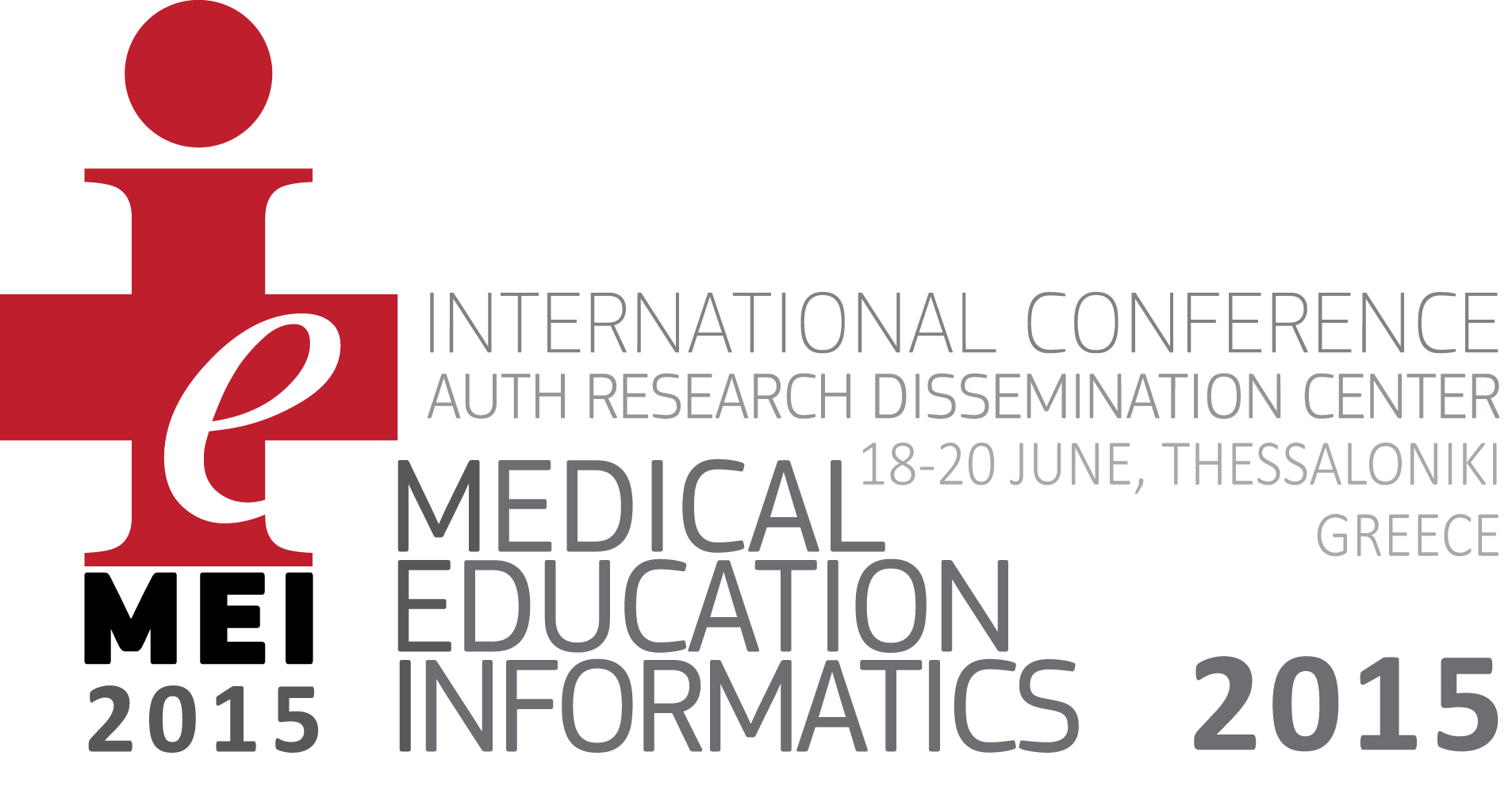You are here
Home › Simulation in Surgical - Perioperative nursing educaiton and trainingSimulation in Surgical - Perioperative nursing educaiton and training
Abstract:
Introduction:
Simulation may be used to teach theory, assessment, application and integration of knowledge and skills in surgical nursing and allows learners to function in an environment that is as close as possible to an actual clinical situation. Simulation is very useful for the evaluation method for surgical nursing care and also for enhancing and evaluating critical thinking, problem solving, and team leading for all levels of staff.
Aim of this review is to highlight the effectiveness of simulation in surgical – perioperative nursing education and training.
Systematic review was made in google scholar using “simulation AND nursing” as well as “simulation AND nursing education” key words for research articles on simulation using filters years of publication (last five) and the term was found only in title. 387 articles were the results from the first search and we included only research articles.
Results:
Importance and effectiveness of simulation in surgical-perioperative nursing education and training is highlighted in reviewed research articles pointing out that a simulated environment lets surgical nurses learn, train, grow, and even make mistakes without the possibility of patient harm. A simulation session can be video-recorded and played back later to show participants behaviors that they may have been unaware of during the simulation. Scenarios using the patient simulators can be played out with no harm to a patient and they also test communication and leadership skills while perioperative interns can step into the role of a perioperative nurse with its responsibilities and demands, in a risk-free environment with no danger of injuring actual patients.
Conclusion:
Surgical - perioperative care nursing requires a high level of attention to details, quick assessment skills, and critical thinking and simulation allows the opportunity to learn and practice in a controlled and safe environment. Simulation can be used to expose the learner to real conditions and treatments but also to infrequent ones that would otherwise be missed in usual clinical training environments.
Session
Saturday, 20 June, 2015 - 11:30 to 13:00


















